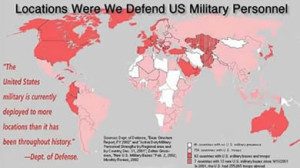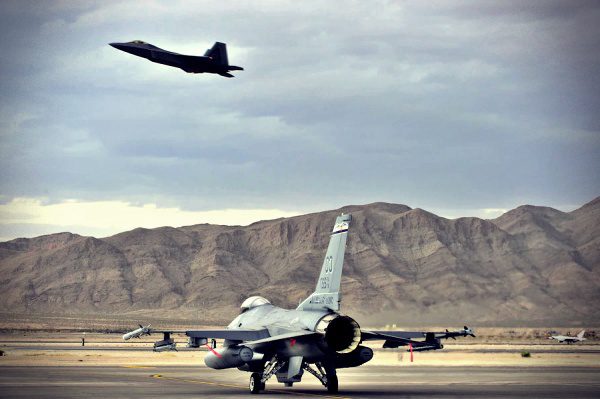 Benefits of SCM Process. The main benefit of a SCM proceeding is that it is not considered a federal conviction. Depending upon the offense(s) charged, this fact alone may provide the basis for an accused to consent to trial by SCM.
Benefits of SCM Process. The main benefit of a SCM proceeding is that it is not considered a federal conviction. Depending upon the offense(s) charged, this fact alone may provide the basis for an accused to consent to trial by SCM.
- Limited punishment. A SCM allows a soldier to limit his exposure to punishment if found guilty. Referral of the case to a higher court-martial may provide an accused with greater rights, but this comes at a price by also opening up the accused to greater punishment and the possibility of a federal conviction.
- Independent Arbiter. A SCM permits someone other that the accused’s commander to hear and decide his case. Often times, an accused will feel his commander has it out for him. This feeling may cause the accused to turn down an Article 15. A SCM, however, gives the accused the ability to address his case to someone other than his commander and presumably someone with no previous history with him.
- Article 15. In contrast, an Article 15, otherwise known as Nonjudicial Punishment (NJP), is imposed by an accused’s commander. Additionally, any soldier, not just enlisted, may receive NJP.
- NJP is not a conviction. As its name suggests, it is not a court-martial. Usually, NJP will either remain in a soldier’s local file or be place in the soldier’s permanent record. While this may affect future promotions and duty assignments, it will have no impact on the soldier in civilian life should she decide to leave the service.

- Unlike a SCM, the maximum available punishment for NJP is based on the rank of the imposing commander (company grade, field grade, or for officer offenders, general officer) and the rank of the soldier receiving the punishment. AR 27-10, paragraph 3-19, table 3-1. Usually, commanding generals withhold authority over officer misconduct using the local AR 27-10. Consequently, company grade or field grade NJP over an officer is very rare. Another key difference between NJP and a SCM is that regardless of the level of NJP, confinement is not a possible punishment.
- NJP is not a conviction. As its name suggests, it is not a court-martial. Usually, NJP will either remain in a soldier’s local file or be place in the soldier’s permanent record. While this may affect future promotions and duty assignments, it will have no impact on the soldier in civilian life should she decide to leave the service.
Gonzalez & Waddington – Attorneys at Law
